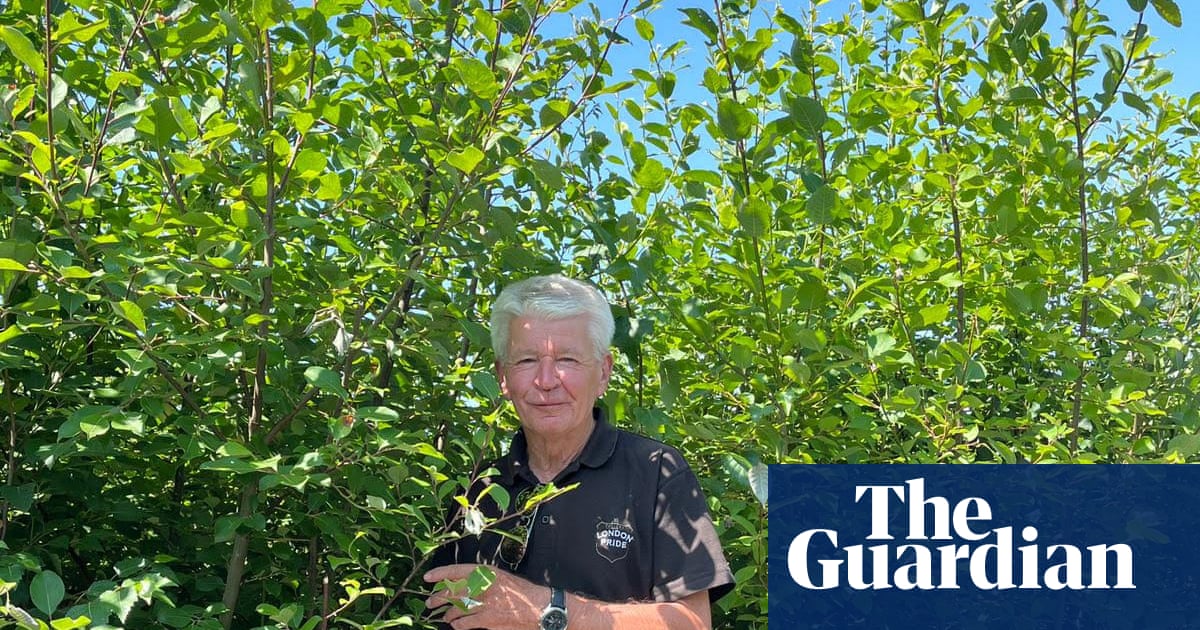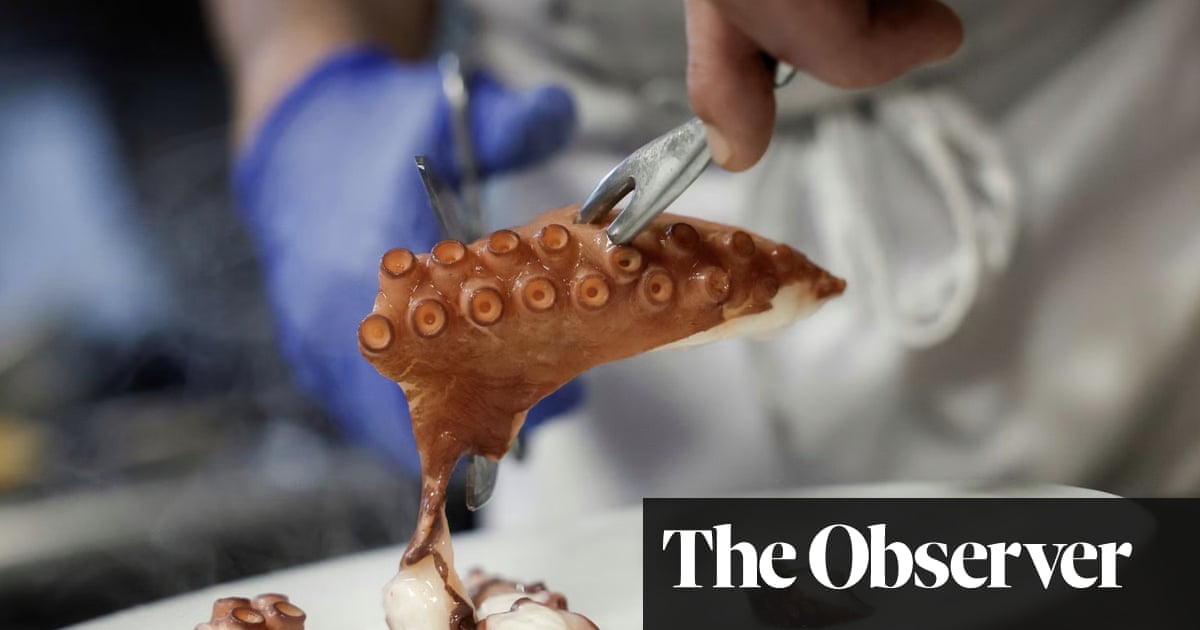
Spanish fishing boats are landing only a tenth of their normal summer catch of octopus – an unheard-of drop.
To date, since 1 July they have caught 38 tonnes of octopus, compared with a normal average of 378 tonnes over the same period. Income has slumped by 84%. Catches vary from year to year but such a huge drop is unprecedented.
“In other years, before the season began, we’d see small octopus in the sea, but not this year and now that the season has started we don’t see octopus anywhere,” said Antonio Pereira, of the San Martiño fishermen’s association, adding that it may be due to a failure to spawn or a late start to the breeding season.
“Many meteorological and environmental factors must be involved to arrive at such a worrying situation,” said José Rosas, the president of the association. “It can’t all be put down to overfishing.”
Alberto Otero, the deputy research director of the Galician sea ministry, told La Voz de Galicia newspaper that the shortage of octopus weighing 1kg, the minimum weight for fishing, did not mean the species had disappeared but conceded that they had never had such a poor catch.
“The octopus has a different life cycle from other species,” Otero said. “The ones we catch this year were born last year. Oceanic conditions are very important. Variations in current or food supply affect numbers, as do climate change and overfishing.”
As the octopus has a short lifespan, of only one to two years, small variations in ocean temperature and other factors can have a marked impact on how successfully they reproduce and therefore on the population the following year.
Meanwhile, despite imports from Portugal and Morocco, the shortage has pushed up the price of octopus and as a result the price of pulpo a la gallega, a popular dish throughout Spain.
It is a street food in Galicia, where women with a gas ring and a pot of water set up shop in town squares to serve pulpo á feira – sliced octopus on a bed of potato sprinkled with sweet and hot paprika.
Otero believes that in spite of this year’s spectacular decline, stocks will recover. However, we may soon find farmed octopus on market stalls. Attempts to farm the creatures failed until 2018 when a research institute in the town of Vigo successfully bred octopus in captivity for the first time. Farming octopus is expected to become commercially viable by 2022.












